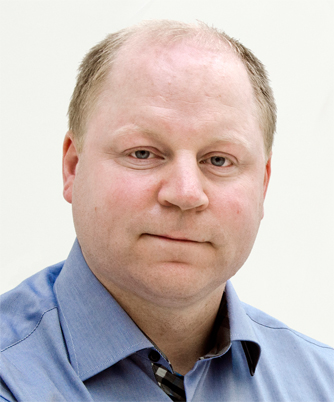Edward Leithe's project group Cell signaling

Research in our lab focuses on the study of how deregulation of E3 ubiquitin ligases contributes to cancer pathogenesis and their potential as cancer biomarkers. E3 ubiquitin ligases catalyze the covalent attachment of ubiquitin, a small protein modifier, to the target protein. These enzymes have important roles in processes such as DNA damage repair, cell cycle regulation, apoptosis, and signal transduction. Dysfunction of the ubiquitin system is associated with a variety of human pathologies, including cancer. Among the approximately 600 E3 ubiquitin ligases encoded by the human genome, several are tumor suppressor or proto-oncogenic proteins that represent attractive drug target candidates.
Our research follows two threads of investigation:
E3 ubiquitin ligases as prognostic and predictive biomarkers in colorectal cancer
Role of E3 ubiquitin ligases in mediating the loss of intercellular communication via gap junctions during cancer pathogenesis
